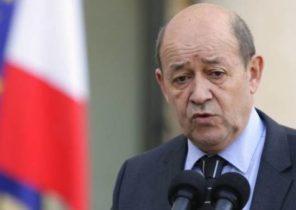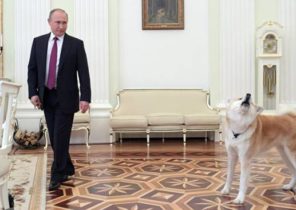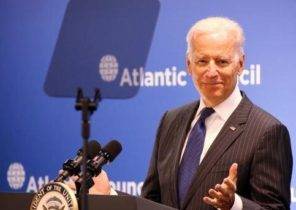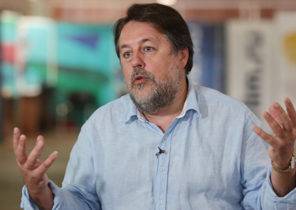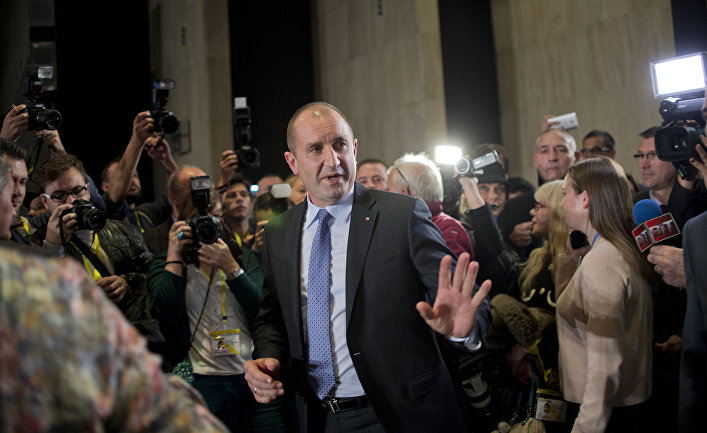
After rumen Radev officially took office as the President of Bulgaria, the question arises whether justified the support he received in the election, or his supporters will be disappointed. That can expect from the new head of state, we talked to political analyst Tatiana Burujava.
“I do not expect any abrupt changes in the position of the rumen Radeva in terms of both domestic and foreign policy. We have yet to see what the temporary office he would submit. In this sense, is an important feature, namely, that the term of office is not clearly defined. There is also a special clarity regarding the formation of the government of Bulgaria after the early elections. Because it may be that this time the government will have to actually rule the country, which makes the requirements evaluation and criteria for members of this Cabinet even more significant.”
Then Tatiana Burujava commented on the announcement yesterday of the structure of the working team rumen Radeva. “Notified the membership of the secretaries under the presidency is indicative of the top priority tasks set by the President in his forthcoming work. The focus on youth policies is part of the expected diversity. Should pay attention to and a broader palette of tips that will be established at the presidential Institute. No less important is the development of relations between the President and the Vice-President who traditionally problematic in Bulgaria.”
In connection with the support he received from socialists, many admit that rumen Radev will lead a Pro-Russian policy. What, however, really will be the position of the new President, according to Tatyana Burujava?
“The political forces, especially the right of the spectrum, seek to impose the thesis that the new President will begin a new geo-strategic reorientation of Bulgaria. He, however, took a clear balanced position based on the current Euro-Atlantic orientation. New that he added that respect for the interests of Bulgaria, which in itself is a good basis. It would have added more balance in our international position. So during these two months when the country will lead the interim government and the President of Radev, I don’t expect any more sharp turns in the Bulgaria international politics. More interesting is how to form a regional balance of Bulgaria, that is how long we are going to present themselves mainly as a Balkan state, and take the helping hand that serves Central and East European States”.
Tatiana Burujava did and his Outlook on the emphasis in the work of the President. “I think that the policy which he will pursue during these two months together with the technical government will be expressed in a new approach to the state budget, with emphasis on problems of risk groups living in poverty. I expect a clear position in relation to changes in drug prices, taken recently by the Minister of health in resignation Peter Noskovym. Because they affect a huge group of the population. And I hope that on this question the provisional government will confirm the commitment by the President about population problems, the problems of poor quality of healthcare and patient needs. More serious action on the part of this government, I also expect in the field of culture and education.”
And in the end, our interlocutor said, and one more General question, namely whether in General we, as Bulgarians, to be optimistic?
“The majority of the Bulgarians has a specific quality to be in the nature of pessimists to look for the problem. That is why it is very difficult to be optimistic. Because we have developed the age-old tradition that the state is a foreign subject for people and we are all struggling to fight, how to deceive him. And this creates huge problems in the formation of a democratic state and, in my opinion, even the right policy is very difficult and slow will lead to the desired effect. Because you need to earn a huge amount of quality, and good deeds, to overcome this entrenched mistrust of citizens towards public institutions and politics. Because changing the way of thinking requires a lot of time, and politicians have so far not particularly inclined to contribute to such a change.”

